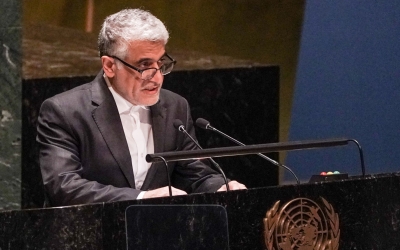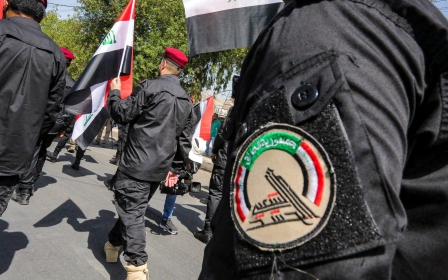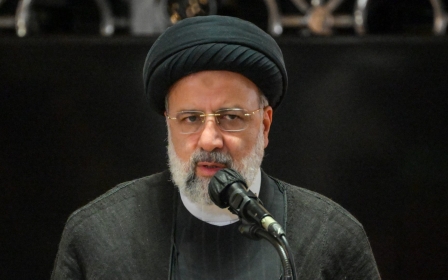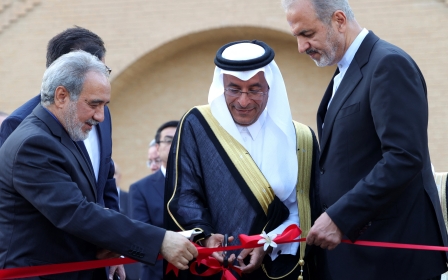US wants Iran to de-escalate tensions, free detained Americans
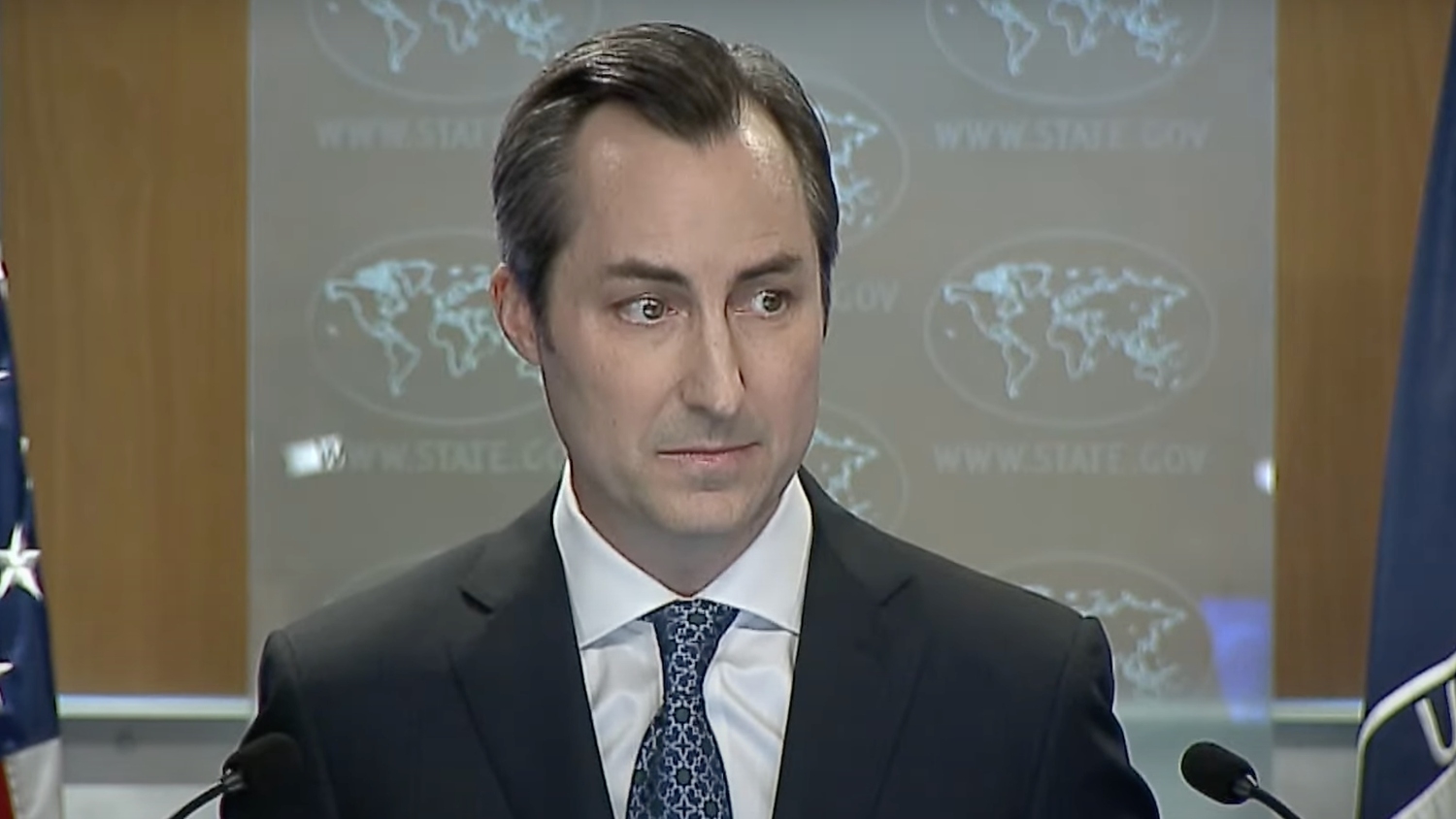
The United States has said it wants Iran to take steps to de-escalate tensions, including steps to curb its nuclear programme and cease actions that destabilise the region, State Department spokesperson Matthew Miller told reporters on Thursday.
The spokesperson added that the US continues to use diplomatic engagements to pursue goals with Iran in coordination with allies and partners, but said that Washington denies any reports that a deal with Tehran is imminent.
"We want Iran to take steps to de-escalate tensions, which of course includes steps to curb its nuclear programme," Miller said.
"As I said yesterday, with respect to Iran's nuclear programme, there is no deal. The reports that there is a deal or some agreement or some other description, however you want to describe it, are not true."
He added that the US wants Iran to "release Americans who continue to be wrongfully detained".
"The wrongful detention of US nationals for political leverage is unacceptable, and we will continue to work to bring every American who is wrongfully detained home," Miller said.
The comments from Miller come more than a week after Middle East Eye reported that Iran and the US were nearing a temporary deal to swap some sanctions relief for reducing Iranian uranium enrichment activities.
Two sources with direct knowledge of the talks told MEE that negotiations had made significant headway and the two sides reached an agreement on a temporary deal to take to their respective superiors.
Under the terms of the deal, Iran would commit to ceasing its 60 percent-and-beyond uranium enrichment activities and would continue its cooperation with the International Atomic Energy Agency (IAEA) for the monitoring and verification of its nuclear programme.
In exchange, the sources said, Tehran would be allowed to export up to a million barrels of oil per day and gain access to its income and other frozen funds abroad.
Those funds would have to be exclusively used to purchase a range of essential items, including food and medication.
MEE's report was denied by the White House, which at the time said: "Any reports of an interim deal are false."
However, several days later, a number of American news outlets began reporting on progress being made in the nuclear talks, including a report on Wednesday from the Wall Street Journal which stated that discussions between Washington and Tehran have resumed.
On Thursday, The New York Times reported that the Biden administration is quietly negotiating an informal agreement to limit Tehran’s nuclear programme and free Americans imprisoned in Iran.
The resumption of talks has kickstarted some momentum between Tehran and Washington to revive the deal, which had been at an impasse since September, with both sides accusing each other of making unreasonable demands.
In 2018 the administration of former US President Donald Trump unilaterally withdrew from the agreement, known as the Joint Comprehensive Plan of Action, and imposed wide-ranging sanctions on the country. This prompted Iran to start breaching the terms of the deal, which limited Iran's uranium enrichment activity in return for lifting international sanctions.
When Biden came into office last year, his administration entered indirect negotiations to return to the agreement, which was one of the president's main foreign policy goals.
But by the end of 2022, after a year-and-a-half of indirect talks with Iran, the negotiations appeared to be at a standstill, with several sticking points remaining.
Middle East Eye propose une couverture et une analyse indépendantes et incomparables du Moyen-Orient, de l’Afrique du Nord et d’autres régions du monde. Pour en savoir plus sur la reprise de ce contenu et les frais qui s’appliquent, veuillez remplir ce formulaire [en anglais]. Pour en savoir plus sur MEE, cliquez ici [en anglais].


